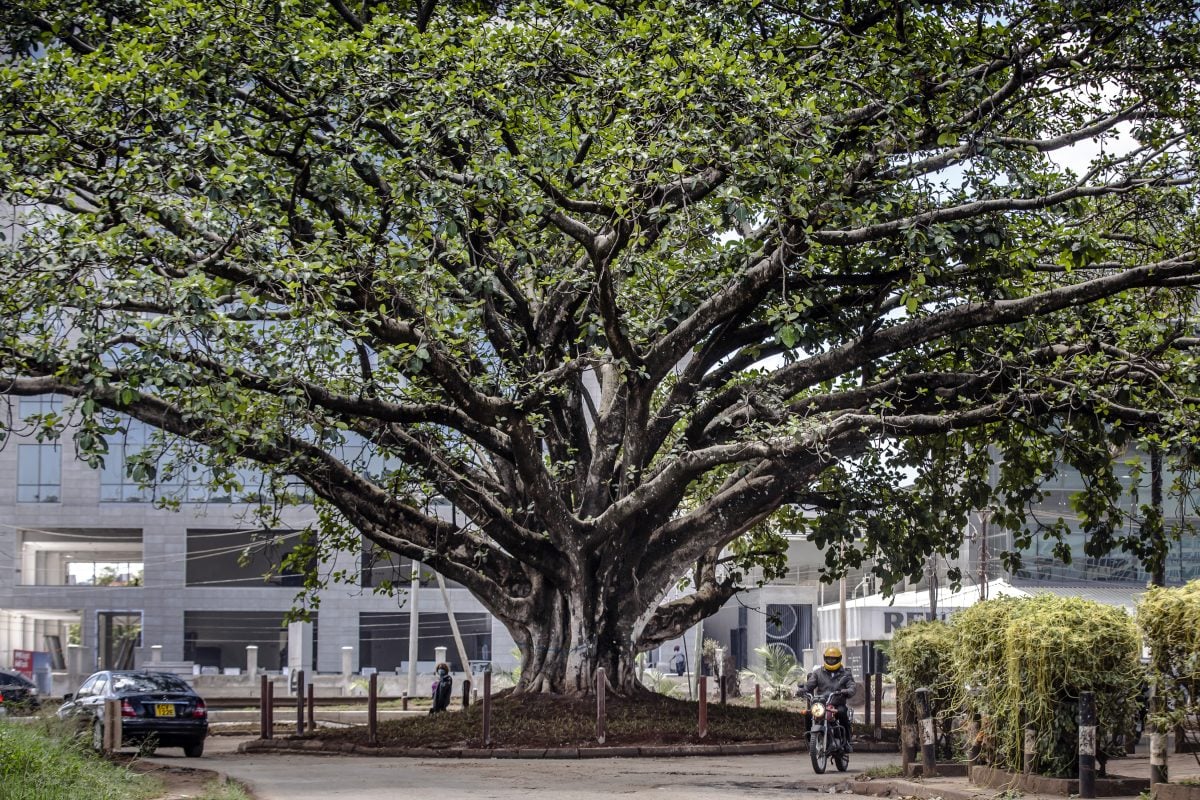With traditional funding sources under pressure, African governments and entrepreneurs are increasingly turning to philanthropists and impact investors to help bridge the gap. Wealthy benefactors, often working through family offices and impact investment firms, are willing to back projects that can deliver transformative development impact – but only if these projects also make commercial sense.
The dual pursuit of purpose and profit is helping catalyse new capital flows to Africa, participants at the African Venture Philanthropy Alliance (AVPA) Conference heard. Held in Nairobi in November, the conference convened foundations, family offices, investors, social entrepreneurs and policymakers to discuss the role of catalytic capital in closing development financing gaps on the continent. The conference featured sessions on policy innovation, local capital mobilisation, blended finance, and leadership, alongside sector-specific discussions on renewable energy, fintech, agri-tech, and AI for scalable impact.
“There is a new generation of entrepreneurs and investors in Africa who are rewriting the narrative, reshaping sectors like cleantech, fintech and agritech,” said Adedotun Sulaiman, chair of AVPA’s pan-African board, in his opening remarks.
“Philanthropies and family offices are deploying capital for profit and purpose. The key is to look beyond short term fixes and instead focus on building systems that can endure and adapt,” he added.
Philanthropies turn to blended capital models
Sulaiman noted that blended capital models – financing structures that combine concessional capital such as grants, low-interest loans and guarantees with commercial investment – provide a pathway for philanthropies to get more deeply involved in financing Africa’s transformation.
Philanthropies can for example provide first-loss capital or guarantees, making projects less risky for commercial investors. Grants or concessional loans can also cover early-stage costs – such as feasibility studies, pilot programmes, or capacity building – while investors finance later expansion once the concept proves commercially viable.
Blended models typically channel resources into areas with strong social returns but weaker commercial incentives, such as rural infrastructure, healthcare, education, water access, and climate resilience.
“What is the new role of philanthropy? It is not the continuation of outdated models. Africa cannot grant its way to prosperity. Five year donor projects have outlived their utility,” said British Robinson, chair for Africa at the Milken Institute, a global finance thinktank.
“Philanthropies have a unique and urgent role to play in unlocking African capital. They can co-fund feasibility studies, support due diligence, and cover transactional costs so that promising projects can reach bankability and financial close,” she noted.
“They can anchor and support African funds and African fund managers that know the market but need those critical first believers who can take first loss and absorb the initial risk,” she added.
Making the case for Africa
Robinson tells African Business that the Milken Institute is working to make Africa’s investment case better known and understood among global investors, including philanthropies and family offices. She argues that misperceptions about Africa’s risk profile have left many investors hesitant to commit capital, even when doing so would likely deliver a competitive risk-adjusted rate of return.
“The first risk that is often discussed is the reduction in foreign assistance. In 2024, ODA (official development assistance) to Africa totaled about $42bn,” she says. “Meanwhile, the continent holds $4trn in domestic capital. How do we turn this into an opportunity and mobilise African capital to advance African prosperity?”
“The second risk we hear about is debt. Only two African countries currently hold investment grade credit ratings. But look at the direction of change; it’s positive. Kenya, Nigeria, Ghana, Egypt and Togo all received upgrades in the past year…investors are clearly re-rating Africa’s risk profile,” she adds.
Another issue, she points out, is the difficult exit environment for investors. Limited liquidity in private equity markets, coupled with tough listing requirements and undercapitalised stock markets, keep investors’ funds tied up in investee companies longer than they planned.
“Think about the exit upfront. The exit is there but you are not partnering with the right people on the ground. If you want a pipeline of exits, you must partner with African asset managers…they prepare the businesses, they understand what the trajectory is going to be for the business,” she says.
Skewed credit ratings, she notes, are another concern for many investors. Experts argue that Africa pays significantly more than it should when accessing global capital markets because of flawed ratings. She points out that part of the reason why ratings agencies overstate Africa’s credit risk is the quality of data they use in their models.
“There is often miscommunication and disinformation. Sometimes the regulatory bodies don’t have the most updated data, or the data is presented in the wrong fashion. There is a large effort currently underway to provide technical assistance to the sovereigns to help them provide data so we can bridge the miscommunication and disinformation.”
Paving the way for private capital
Frank Aswani, CEO of AVPA, sees the catalytic capital that philanthropies and family offices provide as critical in paving the way for private capital.
“Private investors generally look at social investments – whether you are looking at education, healthcare, agriculture – and think they are too risky., There is a perception that you cannot make money as you solve for human needs,” he tells African Business.
“Catalytic capital de-risks social investments. For that we generally use grants to stress-test projects,” he notes. “You want to make sure that the teams behind the projects have the right competences and that they have enough people to deliver. It is a place where this derisking capital can come in, helping them build the right capabilities and structures so that when they get commercial investment they are ready to actually absorb that capital,” he elaborates.
Aswani notes that it is crucial not to equate catalytic funding with subsidies or altruistic donations, which both lack a multiplier effect in terms of mobilising additional private investment.
“We are not about subsidising private capital but about addressing market gaps. For example where there are (flawed) perceptions of risk – and that’s a market gap – we use catalytic capital to demonstrate that the real risk is not as high as the perceived risk. Where there is a market gap of talent, we use it to plug that market gap.” he notes.
“We ask ourselves: for every dollar we are deploying, how much are we unlocking of private capital? That leveraged factor is very important. It helps us crowd in more private capital.”
Africa’s impact investing market in 2025 was valued at over $11bn in assets under management (AUM), while globally the impact investing community represents more than $1.5 trillion AUM. Aswani partly attributes Africa’s miniscule share of global assets under management in impact investing to the huge talent gap in the space.
“Africa is by far the world’s largest impact investing opportunity. But we have a big gap in that we do not have enough people who understand this space of impact investing and how we are bridging traditional philanthropy and private capital,” he says
“There is only one university in the whole continent that teaches the subject of impact and sustainable finance, and that’s the University of Cape Town,” he says.
“It would be like the US, the largest car market, having only one car manufacturer. It’s just not good enough. In the long term we (AVPA) are trying to raise money to see if we can capacitate at least 30 business schools to teach this subject within their respective countries,” he notes.
Want to continue reading? Subscribe today.
You've read all your free articles for this month! Subscribe now to enjoy full access to our content.
Digital Monthly
£8.00 / month
Receive full unlimited access to our articles, opinions, podcasts and more.
Digital Yearly
£70.00 / year
Our best value offer - save £26 and gain access to all of our digital content for an entire year!

 Sign in with Google
Sign in with Google 



